Offering spoiled food Is no way to spoil your pet
PetTalk, from the School of Veterinary Medicine & Biomedical Sciences, Texas A&M University
People may choose to eat foods past their expiration date, as long as the food looks and smells good, but that doesn’t mean this practice is safe for pet food. Ensuring pet food is suitable to eat is the first step to preventing your dog or cat from becoming ill.
Dr. Katie Tolbert, a clinical associate professor in small animal and comparative gastroenterology at the Texas A&M School of Veterinary Medicine & Biomedical Sciences, says dog and cat food with prolonged exposure to air, heat, humidity, and moisture can increase the risk of spoilage.
Spoilage may not be discernible upon first glance, Tolbert said, but it can be more easily determined if the food is past its shelf life.
“Shelf life is dependent on the type of food and its composition,” she said. “For example, canned food has a longer shelf life, while foods with more fat, especially polyunsaturated fat, will have a shorter shelf life. Most quality dry dog and cat food is designed to have a reasonable shelf life, assuming the food is kept indoors and away from heat or humidity.”
At the end of shelf life, food begins to deteriorate and becomes unsuitable to eat. Yet spoiled food may not always lead to food poisoning unless organisms that release harmful toxins were present.
“The side effects of spoiled food are related to the production of toxins caused by bacteria or mold and are dependent on the specific toxin that is encountered and the amount a pet was exposed to,” Tolbert explained. “An animal that has vomiting or diarrhea that develops acutely (painfully sudden) with a potential exposure to spoiled food – such as garbage ingestion, eating unknown items on a walk, or access to a wide area of land – would increase a veterinarian’s suspicion for possible food poisoning.”
While vomiting or diarrhea can indicate a mild case of food poisoning, Tolbert pointed out that the illness can lead to more extreme, life-threatening signs, such as kidney or liver failure. No matter the severity of the symptoms, owners should visit their veterinarian so that they can provide their pet care.
“Unfortunately, there is not a specific anti-toxin that can be given for the majority of food-borne illnesses, so these cases are treated by veterinarians with supportive care, including anti-nausea drugs; intravenous or subcutaneous fluids (fluids injected into veins or under the skin) to address dehydration from diarrhea and vomiting; and a slow introduction of a highly digestible, gastrointestinal diet,” Tolbert said.
Since food poisoning can lead to severe complications and there is no one way to resolve the illness, it is important for owners to check that food is not spoiled before feeding it to pets.
“The color and smell test are the most available tools for a pet parent to check for rancidity, or a form of spoilage that causes unpleasant smells and flavors due to a chemical change in the food,” Tolbert said. “If the color of the food looks different than previous batches or the smell is different, owners should not feed their pet the food and should contact the company immediately in case it is a widespread occurrence that needs to be addressed.”
In the event of such a problem, Tolbert suggests that owners record the lot number of the food, typically found by the expiration date, so that a pet food company can locate and address the problem quickly.
Tolbert also encourages owners to pay close attention to the expiration date, which alerts owners when food is no longer considered fresh, and the storage recommendations that provide the best method for storing food without spoiling quickly.
“Open canned food can generally be kept covered in the refrigerator for up to 72 hours; otherwise, canned and dry cat and dog food should be stored in its original container or in an airtight container, such as a large plastic container, away from light, heat, and moisture,” Tolbert said. “If dry food is stored in a plastic container, the container should be cleaned regularly to prevent contamination from dust mites and other parasites, especially before pouring more food into the container once it is empty.”
Pets will eat almost anything, but just because they can, doesn’t mean they should. With the help of your veterinarian and by following Tolbert’s advice, our pets can safely enjoy their food.
Pet Talk is a service of the School of Veterinary Medicine & Biomedical Sciences, Texas A&M University. Stories can be viewed on the web at vetmed.tamu.edu/news/pet-talk. Suggestions for future topics may be directed to vmbs-editor@tamu.edu.


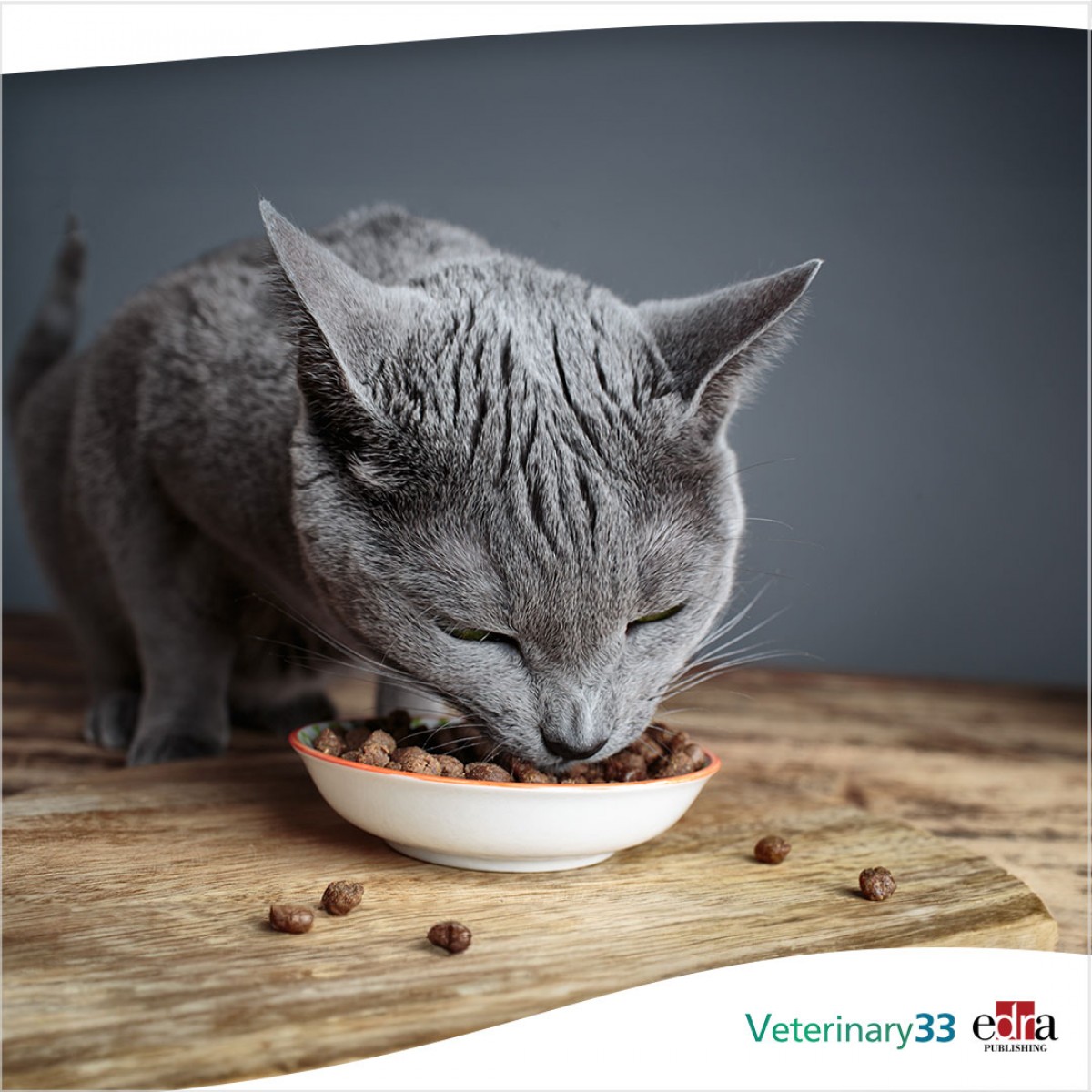




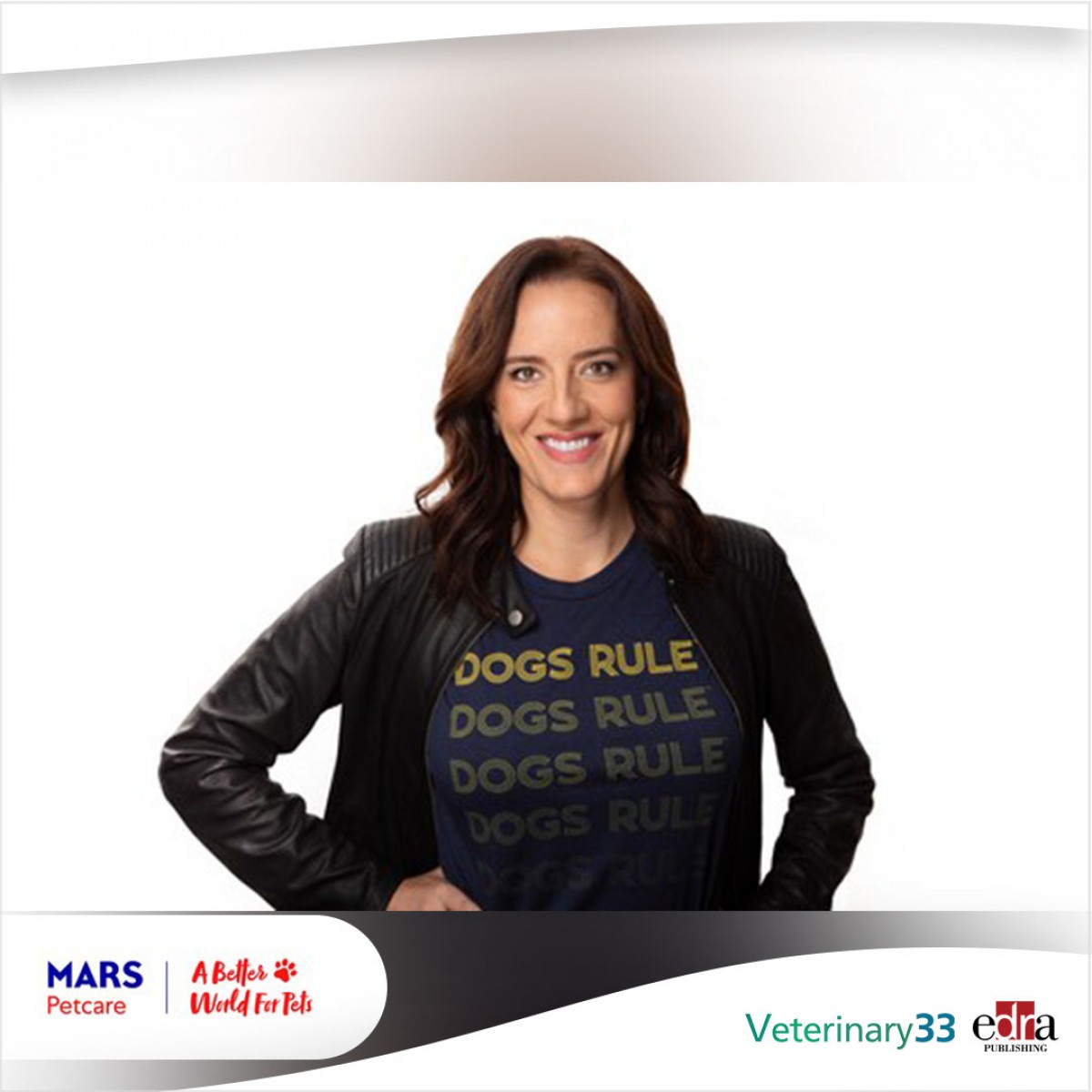
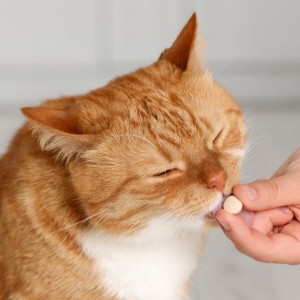
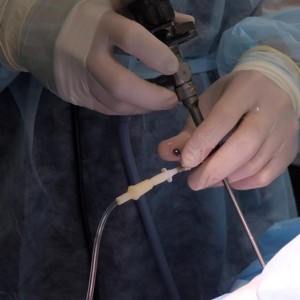
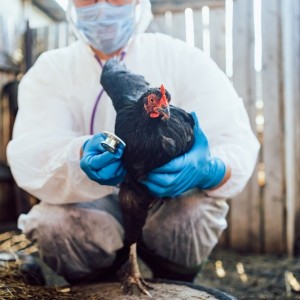

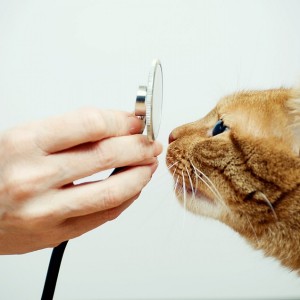

List
Add
Please enter a comment